News
-
 Psychology
PsychologyScience can’t forecast love
Scientists’ forecast for romantic matches is unpredictable.
By Bruce Bower -
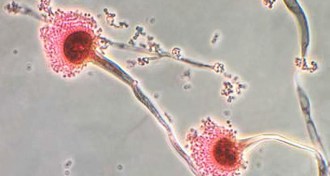 Life
LifeWhen a fungus invades the lungs, immune cells can tell it to self-destruct
Immune system resists fungal infection by directing spores to their death.
-
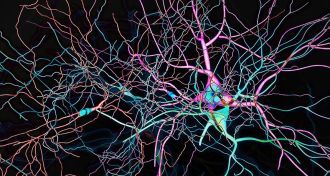 Neuroscience
NeuroscienceBrain chemical lost in Parkinson’s may contribute to its own demise
A dangerous form of the chemical messenger dopamine causes cellular mayhem in the very nerve cells that make it.
-
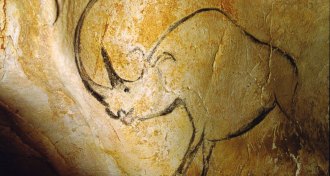 Paleontology
PaleontologyWoolly rhinos may have grown strange extra ribs before going extinct
Ribs attached to neck bones could have signaled trouble for woolly rhinos, a new study suggests.
By Susan Milius -
 Health & Medicine
Health & MedicineZika could one day help combat deadly brain cancer
The Zika virus targets cells that cause glioblastoma, an aggressive form of brain cancer, studies in human cells and mice show.
-
 Quantum Physics
Quantum PhysicsMinuscule jitters may hint at quantum collapse mechanism
Vibrations of a tiny cantilever could help reveal why quantum rules fail on large scales.
-
 Tech
TechTiny quantum storage device fits on a chip
Photon information processing on nanoscale could enable future communication networks.
-
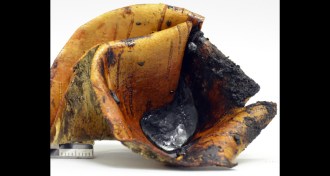 Anthropology
AnthropologyFiery re-creations show how Neandertals could have easily made tar
Neandertals could have made tar with simple methods and materials on hand, new experiments show.
By Bruce Bower -
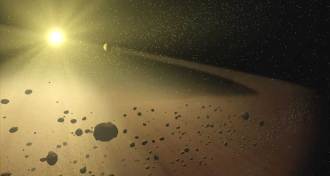 Astronomy
AstronomyTabby’s star is probably just dusty, and still not an alien megastructure
New looks at older data on the weirdly flickering Tabby’s star muddy possible explanations — but it’s still probably not aliens.
-
 Genetics
GeneticsMuscle pain in people on statins may have a genetic link
Many people stop taking cholesterol drugs because of aches, but it has been unclear if the drugs are at fault.
-
 Health & Medicine
Health & MedicineHow gut bacteria may affect anxiety
Microbes may tamper with the production of tiny molecules in brain regions that help control anxiety.
-
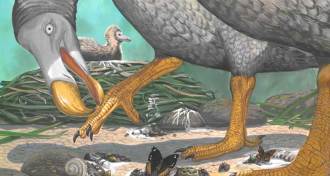 Animals
AnimalsBones reveal what it was like to grow up dodo
Scientists take a first look at the inside of dodo bones.
By Susan Milius